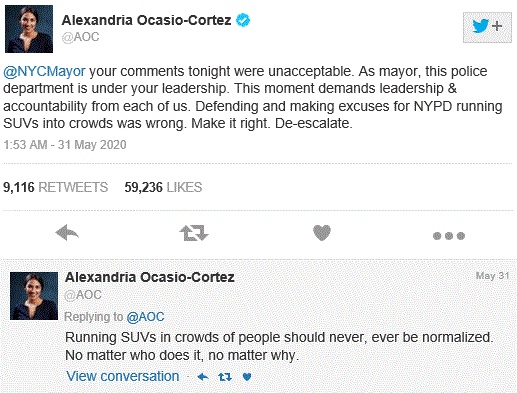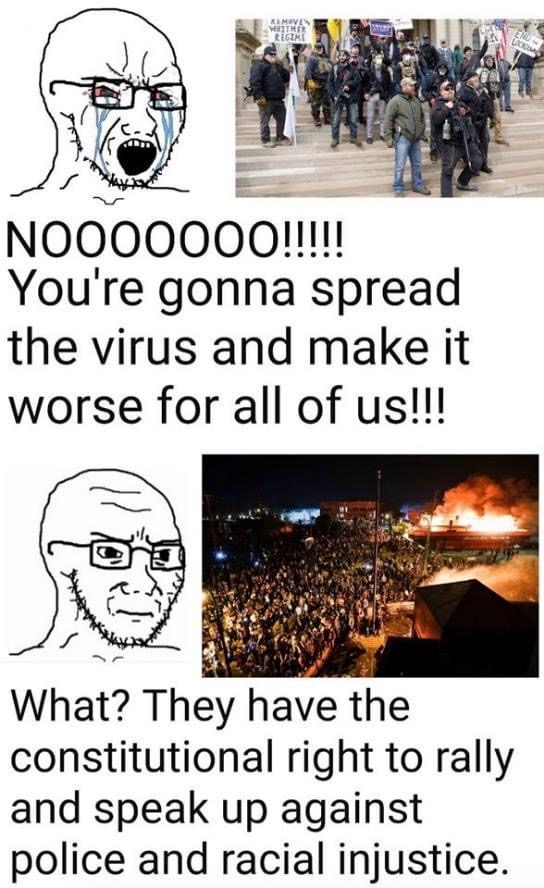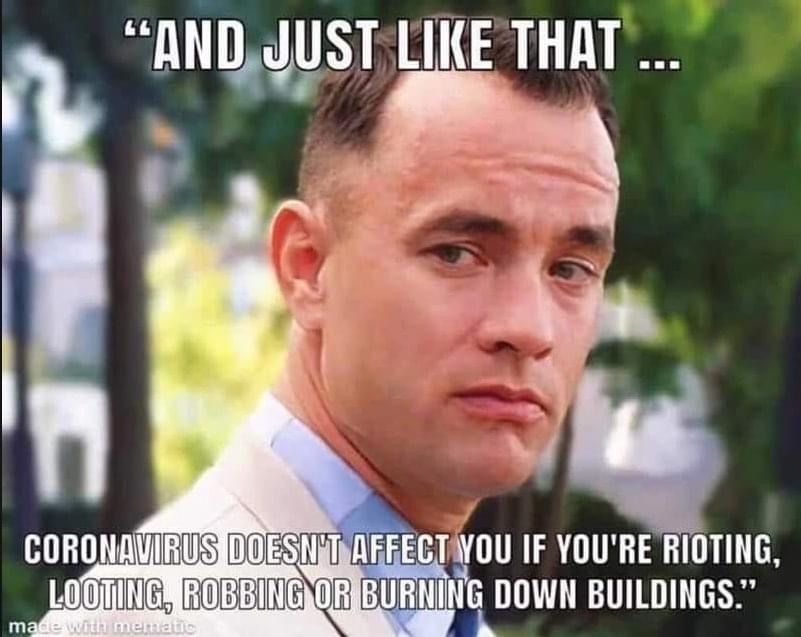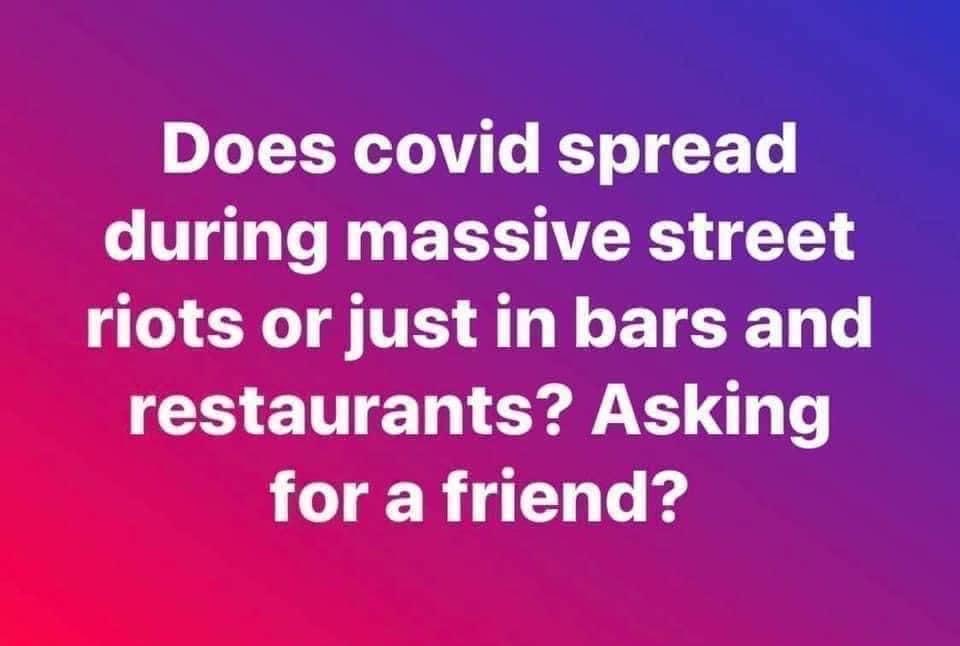Another post that I began a long time ago but did not have time to finish until now…
A while ago, former speaker of the house Newt Gingrich tweeted, “If leftists want to forgive student debt shouldn’t they also propose giving back the money to everyone who worked hard and paid off their student loans?”
I agree with this sentiment 100%. Forgiving debt, as appealing as it may sound given the exorbitant cost of college and the crushing loans people incur in order to pay for it, poses significant fairness issues.
In regards to paying for college (or any expensive item, for that matter), there are essentially three different options:
- Someone could save up money and pay for college without taking out any loans.
- Someone could take out loans to pay for college.
- Someone could simply decide not to go to college.
Forgiving loans gives a benefit to people in category #2, but not to people in category #1 or category #3. It essentially gives free money to those who chose to pay for college through loans, while giving nothing to people who saved up for college or who opted out of college entirely.
In other words, forgiving loans is deciding to make something free after some people have already paid for it. If you are going to do this, fairness requires that you also refund the money for those who have already paid.
Various people in the twitterverse came up with snide responses to Newt’s tweet that on the surface sound witty and clever but actually don’t make sense.
First of al, several people personally attacked Gingrich for his sex life and the fact that he went through a divorce (imagine what the reaction on Twitter would be if someone attacked a female politician with this type of criticism), something that is not appropriate and has nothing to do with the issue of student loan forgiveness.
“Child labor laws… seems like a good idea, but have you thought about how frustrated all the kids who already lost limbs in the mill will feel??” tweeted @SamAdlerBell.
“Guys, look. We can cure cancer but what about everyone who already died from it? IDK seems unfair,” tweeted @sssh_sstrn
These analogies do not make sense. This is because saving up to pay for college – unlike losing a limb at work or dying of cancer – is something a person chooses to do.
For everyone in category #1 above, the option of borrowing money was available to them; they simply choose not to because, based on the rules in existence at the time, paying upfront made more financial sense. The decision to pay upfront for college is based on the presumption that if one took out loans, one would then be in debt and would eventually have to pay back the loans with interest, which would mean paying more in total. If people knew that student loans were going to be forgiven, no one in their right mind would pay for college; everyone would simply take out loans knowing that the loans would be forgiven and college would effectively be free. In other words, changing the rules so that loans are forgiven makes it so that taking out loans actually would have made more financial sense, but there was no way for people to know this at the time. It is not OK to change rules after people have already made decisions based on the old rules.
My parents are an example of this. Ever since I was born, they gradually saved up money for college. Both of them worked at middle-class jobs and saved money every month. They were not poor, but they were not rich either. If the government announced that student debt was going to be forgiven, my parents and I would have legitimate reason to be upset. If they had known that there was no need to save for college, my parents would have had that much more discretionary income to spend. My family would have taken more vacations or bought a larger house or more clothes or toys. Perhaps one of my parents would have chosen not to work.
This simply does not apply to the situations claimed to be analogous by the people on Twitter. After workplace safety laws are passed, no worker thinks, “I wouldn’t have chosen to lose my limb had I known these workplace safety laws were going to be passed.” That would make absolutely no sense. Losing one’s limb is an accident; it is not something anyone chooses to do. Similarly, no one chooses to have cancer. So the anti-Newt tweeters are missing the point: student loan forgiveness is problematic because it changes the rules after people have already made decisions based on the old rules. The other situations have nothing to do with this.
Another Twitter user named @dave_petr wrote about his desire for future generations to have it better than he did and asserted that “selfless sacrifice is kinder.” But there is nothing kind about bestowing a benefit on some people while leaving out others who are equally deserving. People who have scrimped and saved to pay for college deserve kindness as well. They do not deserve to see other people receive the thing that they have scrimped and saved for, for free.
Either choose an amount of money (perhaps the cost of a typical college education, or the average amount of student debt per person) and give everyone that amount of money, or do nothing. Giving free money to some people and not others is unfair and morally wrong.






